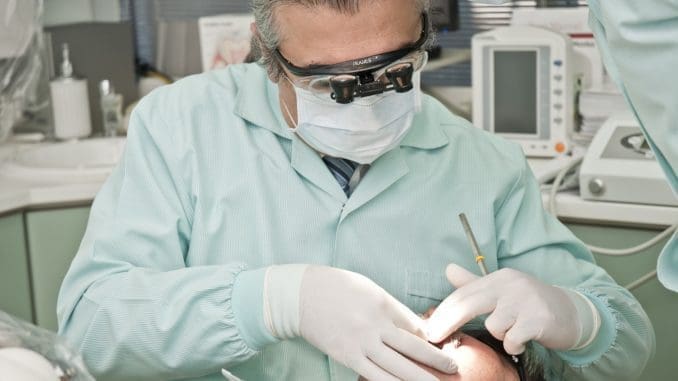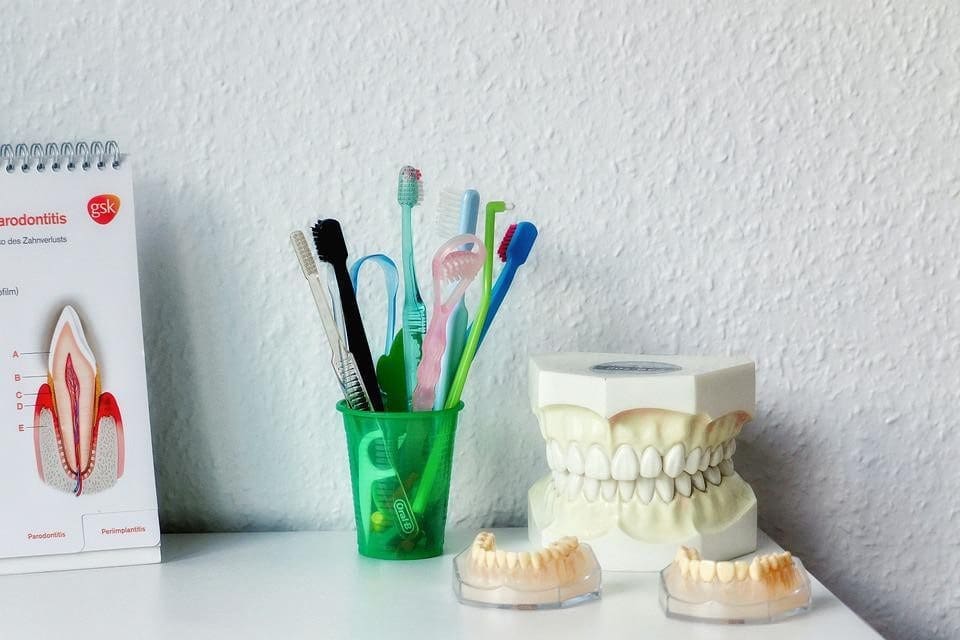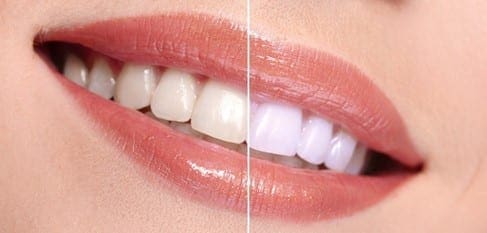
Managing diabetes can be very complicated, and individuals must ensure proper blood circulation to all the parts of their bodies. Good oral hygiene also requires adequate blood circulation, and diabetics must take extra care to maintain healthy teeth and gums. Gum disease and tooth loss in the diabetic is a potential problem related to poor circulation and increased salivary sugars in the mouth, which in turn provides growth of germs that lead to tooth rot.
Diabetes, if not appropriately managed, will lead to various issues with dental hygiene. The first problem that diabetics face with oral hygiene is periodontal disease. Irregular glucose levels in the blood indirectly cause less saliva in the mouth, and the diabetic will be prone to dry mouth. The drier your mouth is, the less saliva you have to neutralize salivary sugars, which leads to ulcers. Monitoring blood glucose levels is integral to controlling diabetes and maintaining healthy teeth and gums to prevent rot.
Because people with diabetes generally have poor blood circulation, so they may not feel any pain or discomfort until their dental problems are advanced. As such, the diabetic should examine their mouths and look for any of the following:
- Tender or swollen gums
- Bleeding whenever brushing or flossing teeth
- Pus oozing from gums
- Teeth that seem to be longer than usual or seem to be moving away from each other
- For denture wearers, look out for loosely fitting pieces or dentures that no longer fit the way they used to
Diabetics who are not in control of their sugar level will find that, over time, they will get severe toothaches. This happens because the blood flow to the gums is reduced. The ramifications of toothaches are apparent – you will not be able to chew properly due to pain. If you cannot chew, you may be tempted to skip meals or not eat a well-balanced meal.
You need to see your dentist immediately if you notice any of these signs. Like everyone else, the person living with diabetes must visit their dentist at least twice per year.
Whether or not you have diabetes, you should develop good dental care habits. This means brushing and flossing daily. Use a soft-bristled brush to reduce the chance of irritating your gums. Ideally, you should try to brush at least twice daily and once before bed. Make sure to brush your gums and tongue as well. To ensure that your toothbrush is in good condition, change it every three months. Flossing once a day is also vital to good dental health. Always rinse thoroughly after flossing to remove food particles from between the teeth.
Gum disease is a significant issue for many individuals but is easily preventable with proper oral hygiene. Developing and maintaining a good dental care plan is especially important to a person with diabetes. Otherwise, tooth decay and loss can become just one more issue the diabetic has to struggle with. To avoid joining the ranks of the ninety percent of adult Americans with gum disease, the diabetic must be vigilant in taking care of their teeth and gums.




Be the first to comment